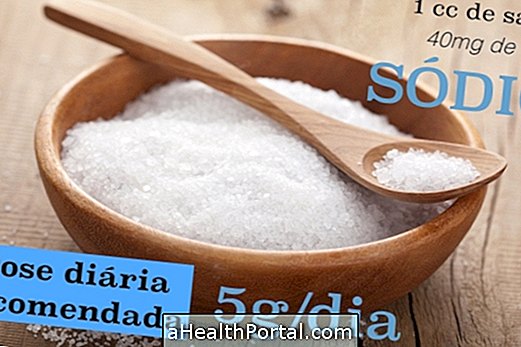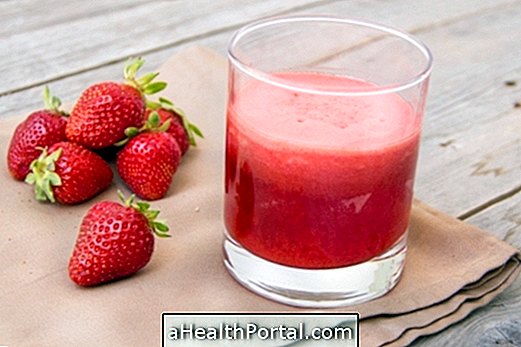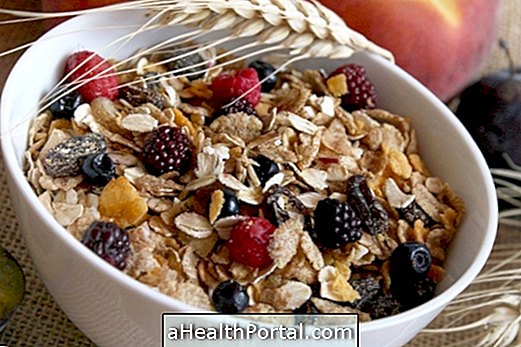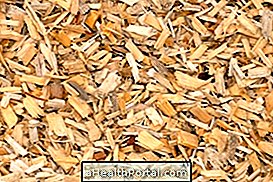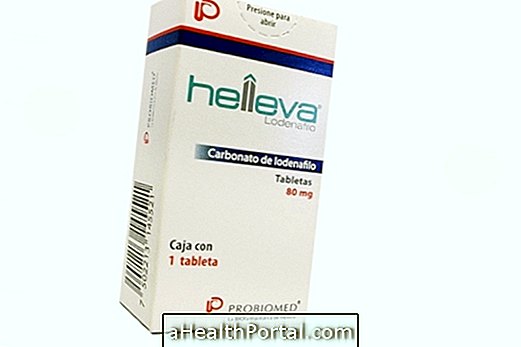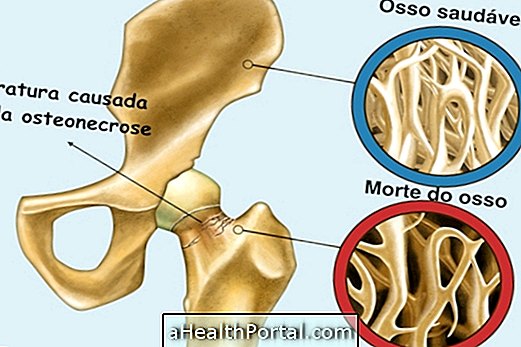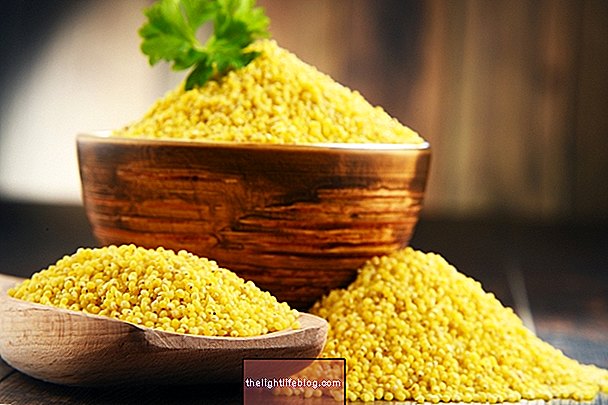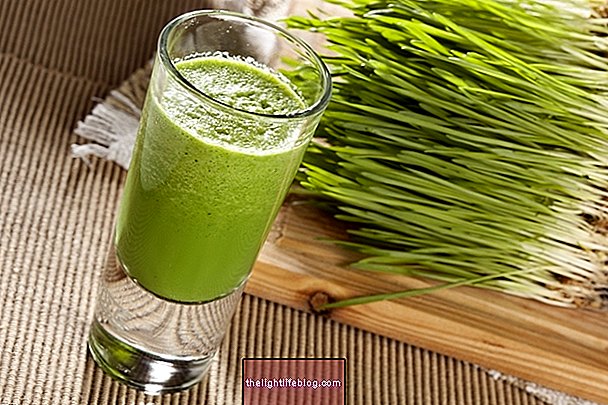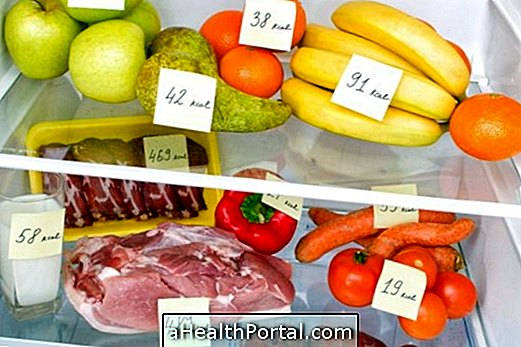The tucumã is an Amazonian fruit that has been used to help prevent and treat diabetes because it is rich in omega-3, fat that decreases inflammation and high cholesterol, also helping to control blood sugar levels .
In addition to omega-3s, tucumã is also rich in vitamins A, B1 and C, having a high antioxidant power that is responsible for preventing premature aging and strengthening the immune system. This fruit can be consumed in natura or in the form of pulp or juice, being very used in the northern region of Brazil.
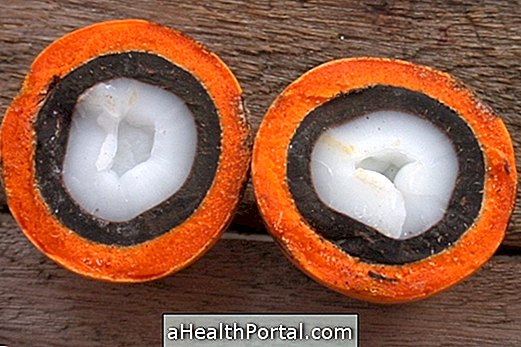
Health Benefits
The main benefits of tucumã for health are:
- Strengthen the immune system. See other ways to strengthen the immune system;
- Fight acne;
- Improve blood circulation;
- Prevent erectile dysfunction;
- Combat bacterial and fungal infections;
- Prevent cancer and cardiovascular diseases;
- Decrease bad cholesterol;
- Combat premature aging.
Besides these benefits, tucumã is also used as an ingredient of beauty products like moisturizing creams, body lotions and masks to moisturize the hair.
Nutritional information
The table below gives the nutritional information for 100 g of tucumã.
| Nutrient | Amount |
| Energy | 262 kcal |
| Carbohydrates | 26.5 g |
| Proteins | 2.1 g |
| Saturated fat | 4.7 g |
| Monounsaturated fats | 9.7 g |
| Polyunsaturated fats | 0.9 g |
| Fibers | 12.7 g |
| Calcium | 46.3 mg |
| Vitamin C | 18 mg |
| Potassium | 401.2 mg |
| Magnesium | 121 mg |
The tucumã can be found in natura, like frozen pulp or in the form of a juice called tucumã wine, besides also to be able to be used in recipes like cakes and risottos.
Where to find
The main selling point of the tucumã is in free markets in the north of the country, especially in the Amazon region. In the rest of Brazil, this fruit can be purchased in some supermarkets or through Internet sales sites, being possible to find mainly fruit pulp, oil and tucumã wine.
